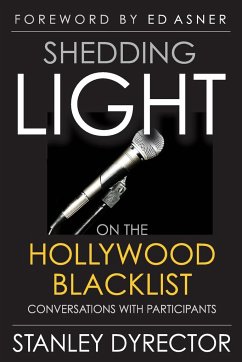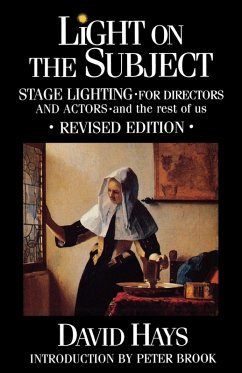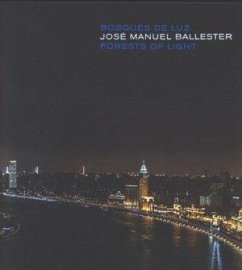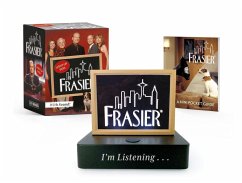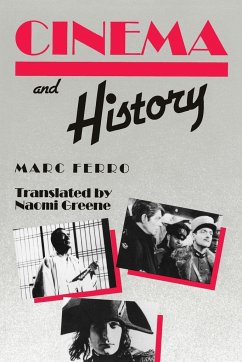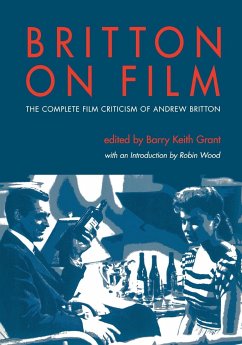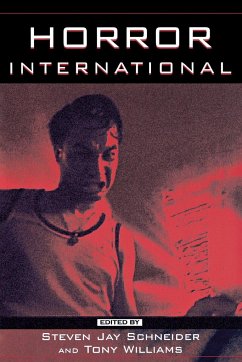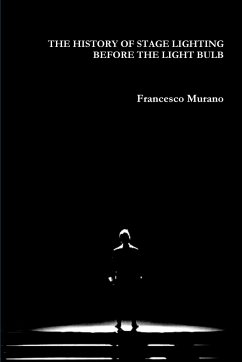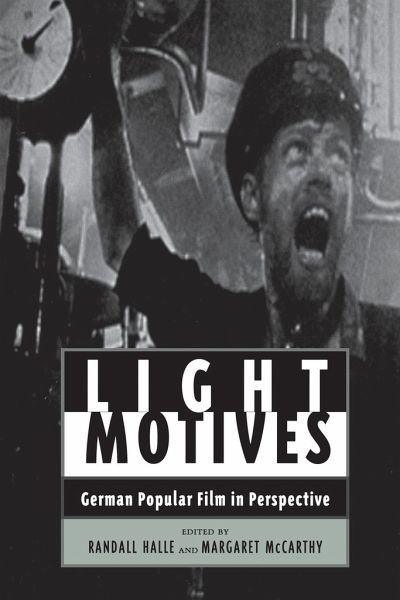
Light Motives
German Popular Film in Perspective
Herausgeber: Halle, Randall
Versandkostenfrei!
Versandfertig in 1-2 Wochen
41,99 €
inkl. MwSt.

PAYBACK Punkte
21 °P sammeln!
Critics rarely associate popular film with German cinema, despite the international success of such films as Das Boot (1981), The Never-Ending Story (1984), Run, Lola, Run (1998), and recent German comedies, all representing a rich body of work outside the parameters of high culture. This very success compels the authors of Light Motives to take an unprecedented look at German popular film across the historical spectrum and to challenge the tendency among critics to divvy up German film, like Germans themselves, into the Good and the Bad. Together the essays reexamine popular film production a...
Critics rarely associate popular film with German cinema, despite the international success of such films as Das Boot (1981), The Never-Ending Story (1984), Run, Lola, Run (1998), and recent German comedies, all representing a rich body of work outside the parameters of high culture. This very success compels the authors of Light Motives to take an unprecedented look at German popular film across the historical spectrum and to challenge the tendency among critics to divvy up German film, like Germans themselves, into the Good and the Bad. Together the essays reexamine popular film production along with larger cultural, historical, and political meanings suggested by the term "popular." Most critical accounts have focused on the golden era of Weimar film and the New German Cinema of the 1960s and 70s leaving much of popular film by the wayside. This volume attributes the division to such sources as Frankfurt School dictates, Goethe Haus film offerings, and state-funded film production during the 1970s, which promoted high-culture art films to broadcast the success of West German democratization. The essays challenge the traditional shape of German film history, while offering in-depth analyses of films that have until now been beyond the pale of critical attention. What emerges is a "Never-Ending Story" of oft-repeated obsessions, overlapping generic forms, omnipresent or subtle nods to Hollywood, and myriad political concerns irreducible to a unified message or aesthetic form—all bearing witness to the vibrancy of German culture.



